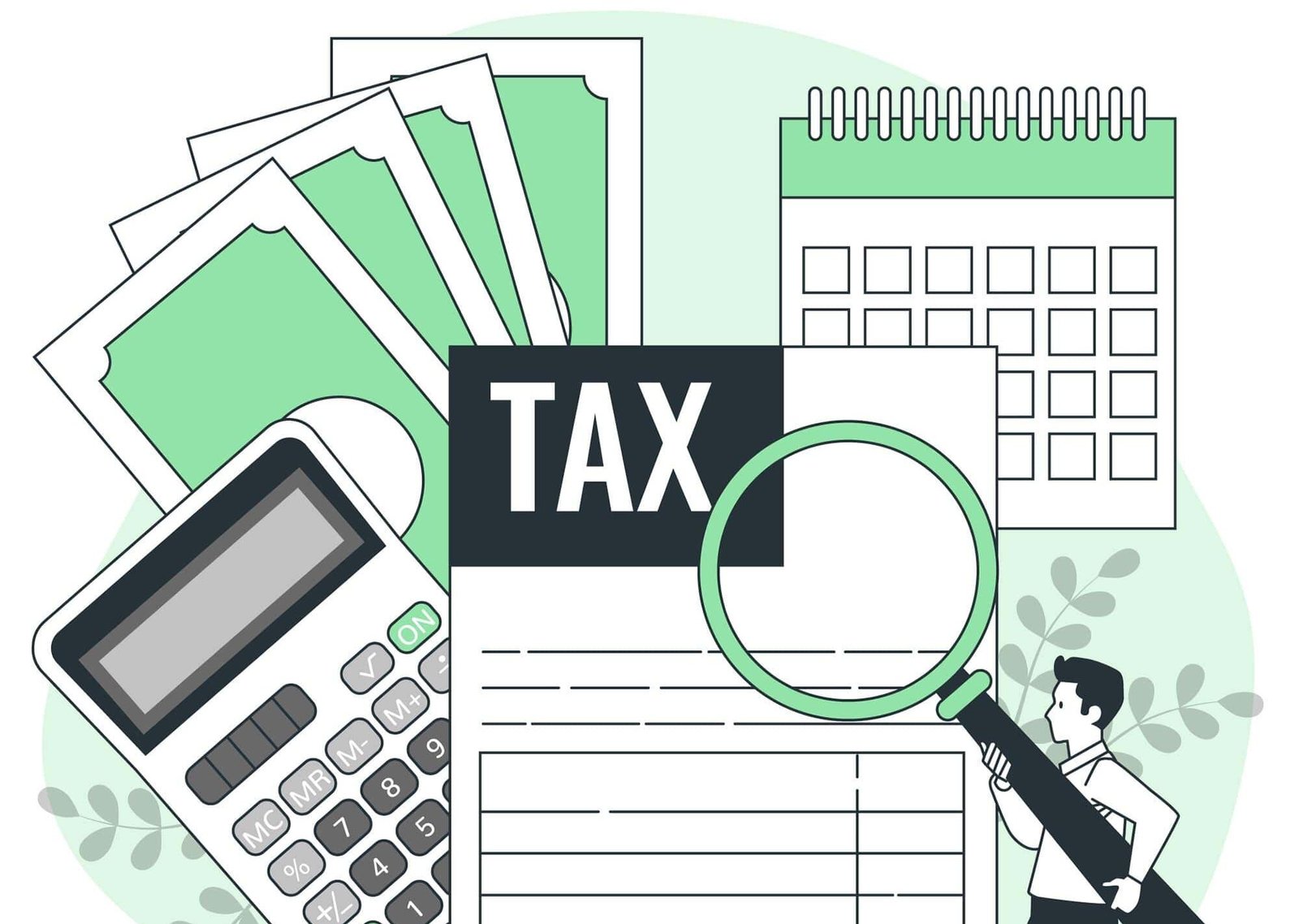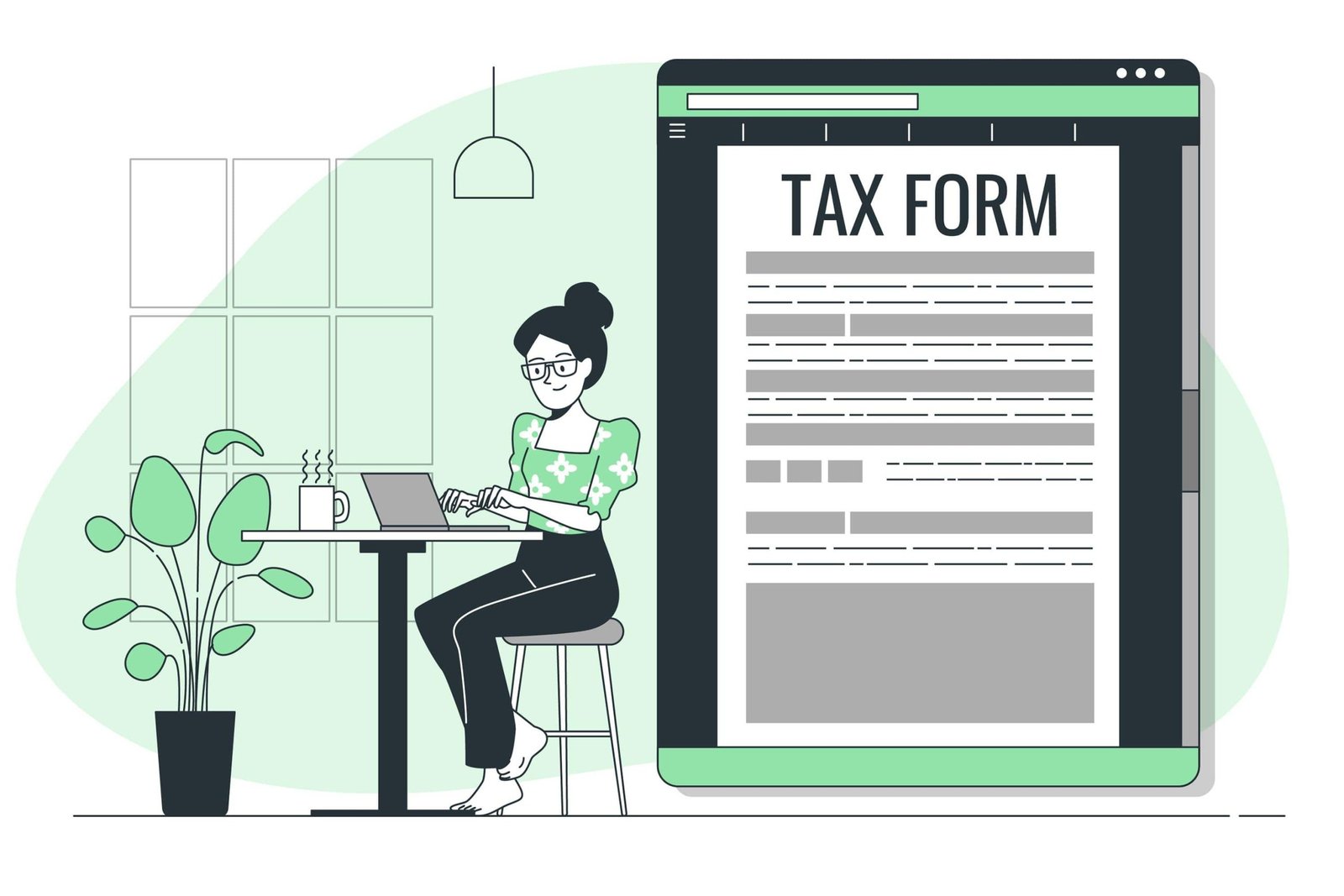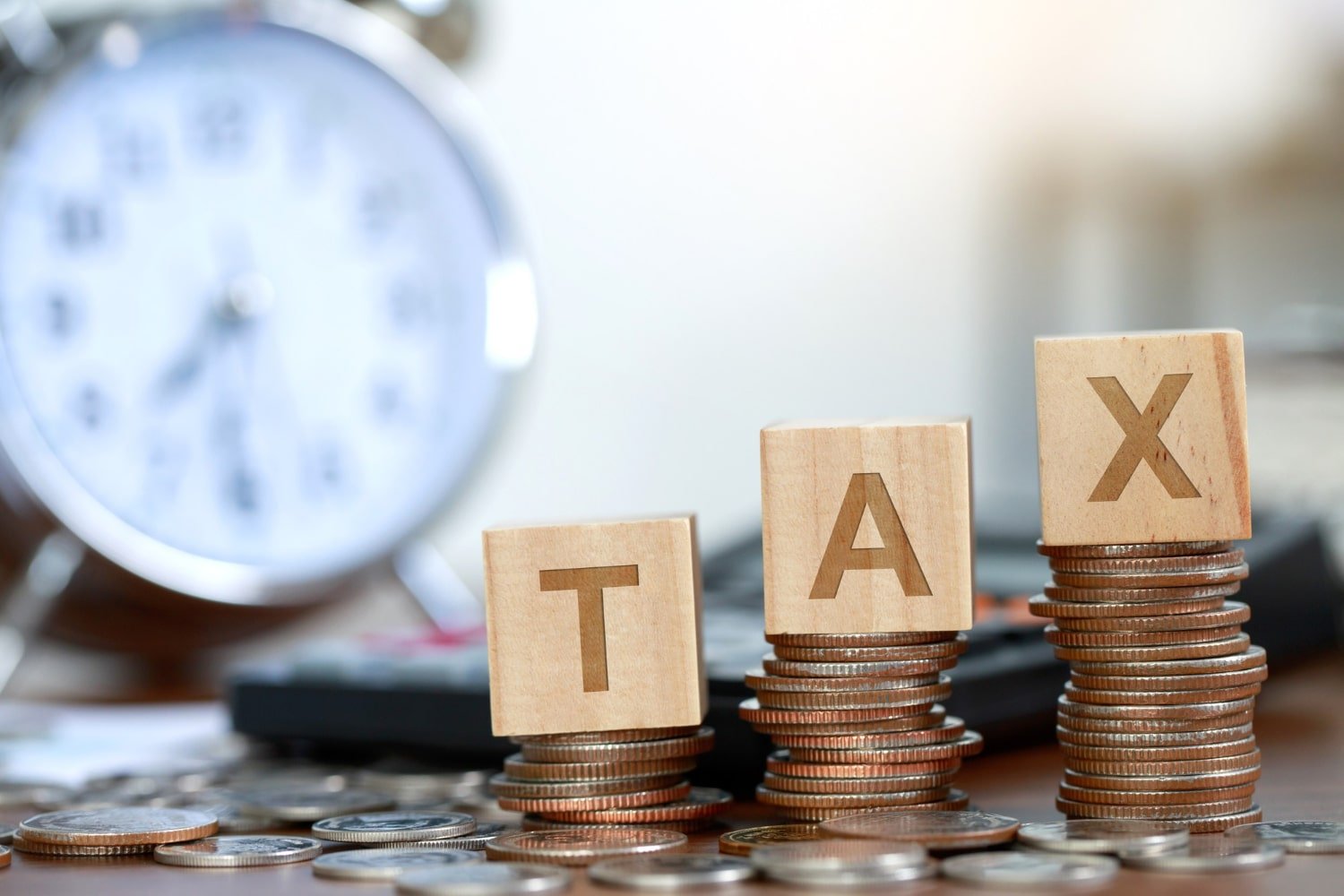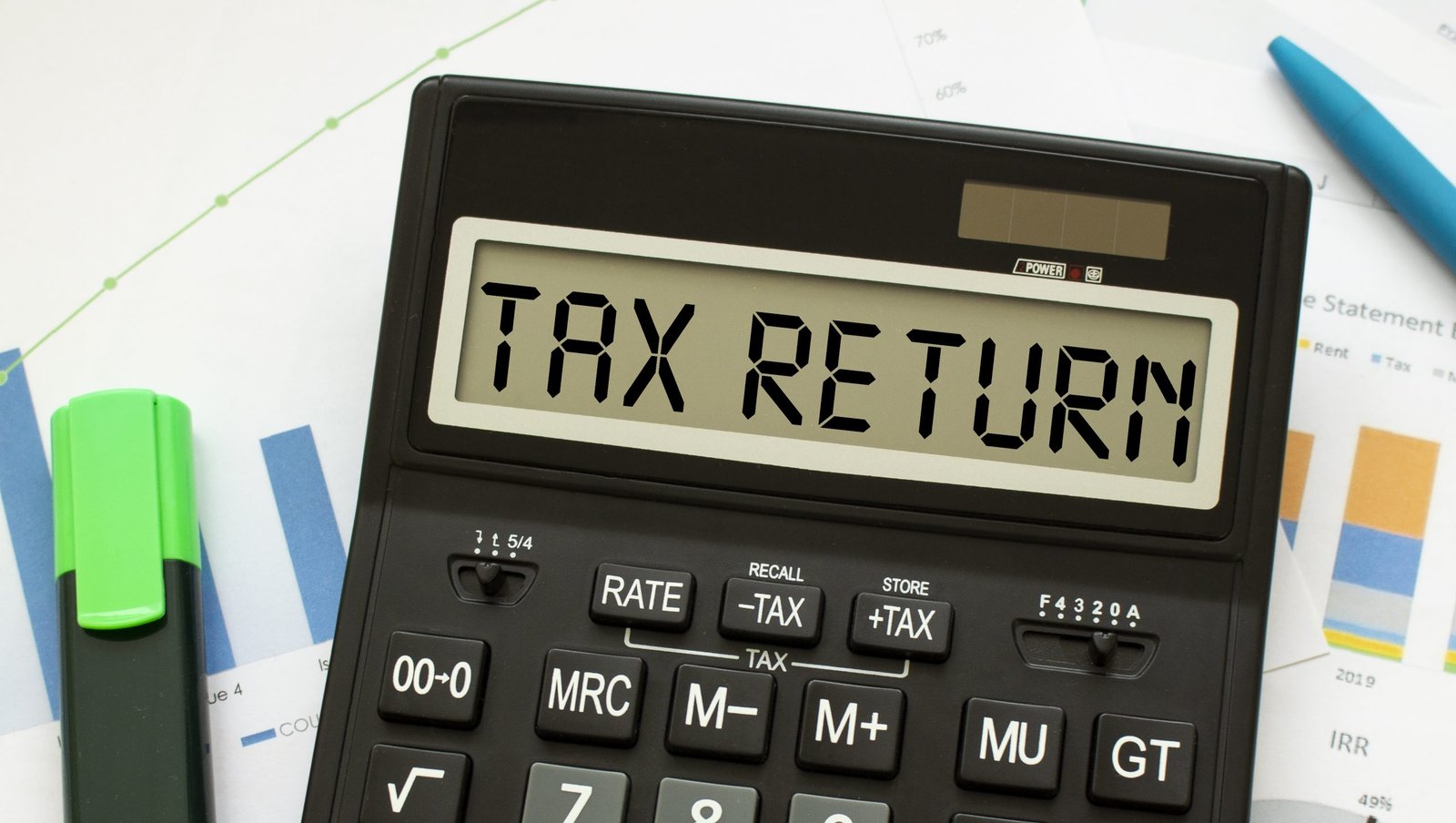An expat is a person who resides outside their country of citizenship for an extended period of time. It is estimated that around 1.19 million people currently living in the UK are expats. As taxes in the UK are complex, it can be challenging to pay taxes for people moving into the UK.
The tax year for individuals in the UK starts on 6 April and ends on 5 April. The period from 6 April 2022 to 5 April 2023 is tax year for 2022-23.
You need to be aware of your residency status if you lived for a long period of time during the tax year. Tax implications for residents are different as compared to non-residents. An individual’s tax residency determines how much income is assessed to UK tax.
A UK tax resident is liable to income tax and Capital Gains Tax on worldwide income and capital gains. However, if you are not considered a UK resident, special rules apply. Basically, non-residents are only taxed on income from the UK source, for example, income from employment in the UK.
Read our article on “How Can Someone be Treated as a UK Resident for Tax Purpose?“, determine your residency status.
What if I am a resident of more than one country?
It is possible to be a resident in more than one country at the same time, which results in dual residence. In many cases, there will be a double tax avoidance agreement between two countries that aims to prevent the same income from being taxed twice, which is also known as a dual tax treaty.
A dual tax treaty aims to ensure that you do not pay taxes twice on income or capital gains. Where such a treaty does not apply between the UK and another country, you can get a tax credit from HMRC, also known as unilateral relief.
Double Tax Treaty
Double tax treaties, also known as double tax arrangements, are agreements that are drawn up between two states. One of their functions is to clarify each state’s right to tax in cases where two states are claiming the right to tax a source of income under their respective domestic law.

This clarification can completely or partially eliminate the double taxation that you, a taxpayer, might otherwise suffer. Double tax treaties override a country's domestic tax law, but they cannot create a tax liability that does not exist in domestic law.
For Example,
In the UK, the basic income tax rate is 20%. A double tax treaty cannot create a 25% tax rate.
A typical scenario is when, say, Bruce, a person based in the UK, transacts business with a person resident in another country, India.
The profits or gains thus accruing to Bruce is, say, £200. This £200 is likely to be subject to tax in the UK (because he is a UK resident), as well as in India (because the gains are derived from India).
Thus, the same income item of £200 is subject to territorial double taxation, once in India and again in the UK.
Assuming the UK has a tax rate of 40%, while India taxes the same income at 35%, Bruce will potentially suffer a global tax of £150 [(40% of £200) +(35% of £200)], leaving him with income after deducting tax of only £50.
Under double tax treaty, this will be treated as:
In UK (country of residency)
|
Income
|
£ 200
|
|---|---|
|
UK tax at 40 %
|
£80
|
|
Less: double tax relief- India tax at 35%
|
(£70)
|
|
Tax payable in the UK
|
£10
|
In India (country of source)
|
Income
|
£ 200
|
|---|---|
|
India tax at 35%
|
£70
|
|
Total tax payable globally
|
=£70+£10=£80
|
The double taxation treaty thus avoids paying a tax of £150, and Bruce only pays a tax of £80.
Where no such treaty applies, the UK system still allows for relief to be given where double tax is paid (unilateral relief).
Explore "Double Tax Agreements (DTA)" between the UK and other countries. Stay informed about international tax regulations.
Split Year Treatment
Split-year treatment is a tax rule that divides the tax year into two parts. It divides the tax year into two parts according to the date of arrival to the UK or the date of leaving the UK. This treatment helps to enforce fairness to the taxpayers.
A split year of departure applies when an individual leaves partway through the tax year. It is necessary to carefully consider conditions and keep necessary records to benefit from this rule. Even if you are only taxed for part of the year, you can still claim full personal allowance.
Income earned while living outside the UK is not in the scope of UK tax. It can be beneficial if tax rates outside the UK are lower than that in the UK. You are eligible for the split-year tax treatment if you are a resident of the UK for that particular tax year.
Split tax treatment is not applicable if you are not considered a UK resident. The rules to apply for split-year treatment are quite complex, so you need to consider different cases that HMRC has provided. You can check the cases of split-year treatment.
Essential Self-Assessment Insights for a UK Expat
Self-assessment is a system of tax which is not deducted through the PAYE (Pay as you earn) system. It is used by HMRC to collect income tax. PAYE is the system used for collecting income tax and national insurance at source from earnings paid to employees.
Under the self-assessment system for individuals, the onus is placed on the taxpayer to provide the information to calculate their tax liability.

The taxpayer should complete their main tax return form (SA100) along with supplementary pages to give basic details alongside details of income and gains relating to the tax year.
Taxpayment must be made by 31 January following the end of the tax year to which it relates. The tax returns must be completed and filed either electronically or on paper.
There are software that can help you complete your self-assessment tax teturns. Some examples of self-assessment software are TaxCalc, FreeAgent and Capium.
Who Needs to File Self-Assessment Tax Return?
You need to send a Self-Assessment Tax Return if in the year (6 April to 5 April) any of the following Condition is applied:
- you were self-employed and earned more than £1,000 (before taking off anything you can claim tax relief on),
- you were a partner of a partnership business,
- if you have a total taxable income (income after deduction of available expenses and reliefs that is taxable) of more than £100,000,
- you have to pay the High-Income Child Benefit Charge (paid if either of your partner’s income is more than £50,000).
Filing dates
The tax returns must be completed and filed either electronically or on paper. For the tax year 2022/23.
- Paper returns must be submitted by 31 October 2023 to HMRC. You can get a paper form (SA100) by calling HMRC and requesting for it.
- Electronic return must be submitted by 31 January 2023. When you file the tax return electronically, tax liability is automatically calculated as part of self-assessment filing process.
How to register for self-assessment?
If you are submitting a tax return for the first time, follow these steps:
- Register with HMRC online, choosing the appropriate category (self-employed, a partner or business partnership, landlord, a company director, etc.).
- Obtain your Unique Taxpayer Reference (UTR) number.
- Activate your Government Gateway account using the provided activation code, which will be sent by post.
- Complete your account setup, which allows you to log in and file your tax return.
You need to supply the below information to register with HMRC:
- Name
- Address
- Previous address (if you've lived in your current address for less than 3 years)
- National Insurance number
- Date of birth
- Phone number
- Email address
- Date you started as self-employed.
- Nature of your business
- Business address
- Business telephone number
It is worth remembering that this process can take up to 20 working days, so don't leave it until the last minute.
How can I pay?
You must pay the tax you owe by midnight on 31 January. If you make advance payments (payments on account), there is typically a second payment deadline of 31 July. Late payments may incur penalties, but you can appeal if you have a valid reason for the delay. You can pay through the following methods:
- Through your online bank account
- Using online or telephone banking (Faster Payments)
- By CHAPS
- By debit or corporate credit card online
- At your bank or building society
- Bacs
- Direct Debit
- Cheque through the post
Penalties for late filing of tax returns
There are following penalties for filing late returns, so it is necessary to file a return before the deadline.
The date the return is filed | Penalty |
|---|---|
After due date | £100 fixed penalty |
3 months late | Daily penalties of 10 per day (maximum of £900) in addition to £100 fixed penalty. |
6 months late | 5% of tax due (minimum £300) plus above penalties |
More than 12 months after the due date where withholding information was:
|
|
Keeping of records
Taxpayers with a business need to keep records until 5 years after filing dates. Records should include:
- All goods purchased and sold
- All supporting documents relating to transactions of business
- All receipts and expenses
Other taxpayers should keep their records up to 12 months after the 31 January filing date if tax returns are filed before the due date.
Penalty for failure to keep records
A penalty may be charged for failure to keep the records. There are penalties for late payment as well summarised in the box below:

Tax paid | Penalty (% of tax due) |
|---|---|
More than 1 month late | 5% |
More than 6 months late | Additional 5% |
More than 12 months late | Additional 5% |
Late payment of tax
Failure to pay the self-assessment tax by 31 January, would result in the below penalties along with the interest.
Period of delay | Penalties (% of unpaid tax) |
|---|---|
More than 1 month late | 5% |
More than 6 months late | 5% (Additional) |
More than 12 months late | 5% (Additional) |
For Example,
In the tax year 2022-23 (from 6 April 2022 to 5 April 2023), if you submitted your self-assessment tax return online and had a tax liability of £15,000, the payment deadline would be 31 January 2024.
However, if you made the payment on 30 March 2024, exceeding the 30-day grace period, you would incur a late payment penalty of £750 (which is 5% of the £15,000 owed).
Personal Tax Allowance & Other Allowance for Expats
You will be eligible to claim Personal Allowance if you either receive income from a source in the UK (for example, income from renting UK property) or if you are classed as a resident in the UK.
This means that under normal circumstances, your income below £12,570 will be tax-free income. Specific reliefs are available for visually impaired people and pensioners.
The Blind Person’s Allowance, which is added to your personal allowance, is an extra allowance of £2,600 in 2022/23.
Married couples and those in a civil partnership may also be able to see some benefits. The Marriage Allowance lets you transfer £1,260 of your Personal Allowance to your husband, wife, or civil partner, reducing your tax by up to £252 each year.
To benefit as a couple, the lower earner must normally have an income below their personal allowance. The marriage allowance is only available when both spouses earn below £50,270.
Ready to navigate the process of "registering for Self-Assessment if you're not self-employed"? Dive into our comprehensive guide now for step-by-step instructions and expert insights.
Tax Rates for The Year 2022/23
The following tax rates are applicable in the UK:
England/Wales/Northern Ireland tax band | Taxable income | Income tax rate | Dividend |
|---|---|---|---|
Personal allowance | Up to £12,570 | 0% | 0% |
Basic rate | £12,571–50,270 | 20% | 8.75% |
Higher rate | £50,271–150,000 | 40% | 33.75% |
Additional rate | Over £150,00 | 45% | 39.35% |
When income exceeds £100,000, Personal Allowance is reduced by £1 for every increase in income by £2. When your income exceeds £125,140, you will not be eligible to claim the Personal Allowance.
Ease your burden and explore our Self Assessment Tax Return services, letting us handle it for you!
Capital Gains Tax for Expats
If you are a non-resident, you will be subject to UK tax on gain realised on disposal of UK assets. From 6 April 2020 you need to report and pay your non-resident Capital Gains Tax (CGT) if you have sold or disposed of:
- Residential UK property or land (land for these purposes also includes any buildings on the land)
- Non-residential UK property or land
- Mixed-use UK property or land
- Rights to assets that derive at least 75% of their value from UK land (indirect disposals)
A ‘mixed-use’ property has both residential and commercial elements. For example, a residential flat connected to a shop.
A non-resident disposing the UK land or property whether residential or commercial need to report it to HMRC within 60 days of such disposal irrespective of loss or gain. Taxes need to be paid in case of gain only.
Conclusion
In summary, this article aims to help expats understand the complexities of UK self-assessment tax return system, ensuring compliance with tax rules and regulation of the UK thus avoiding penalties by accurately reporting their financial activities.



